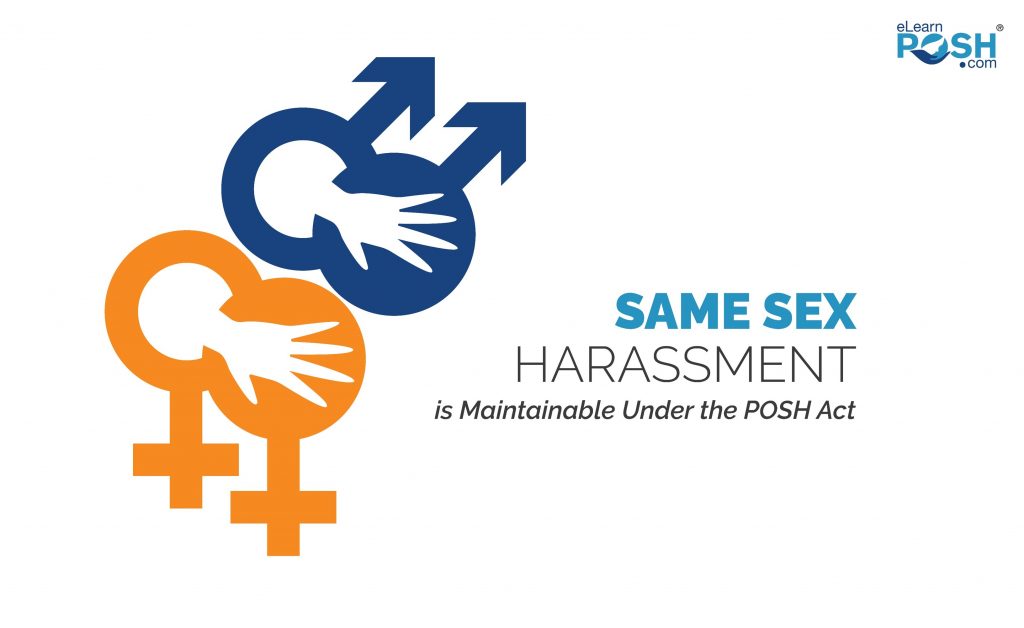Same Gender Harassment is Maintainable Under POSH Act
Details of the Complaint An employee (hereafter referred to as complainant) of an educational institution filed a sexual harassment complaint

Details of the Complaint An employee (hereafter referred to as complainant) of an educational institution filed a sexual harassment complaint


